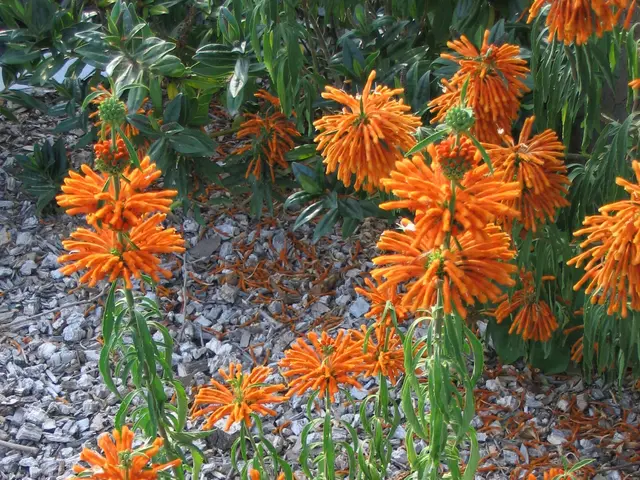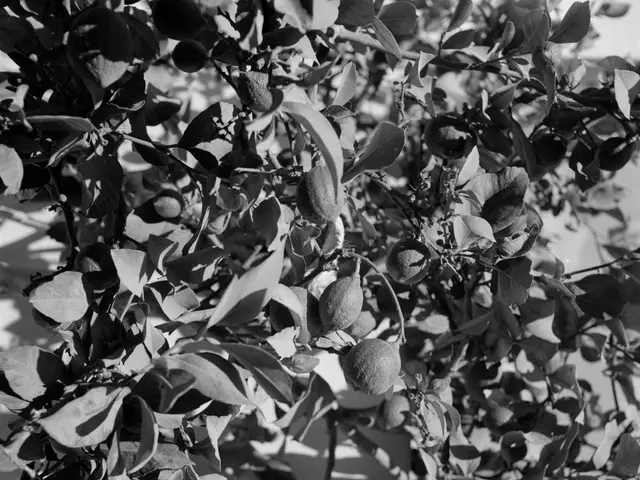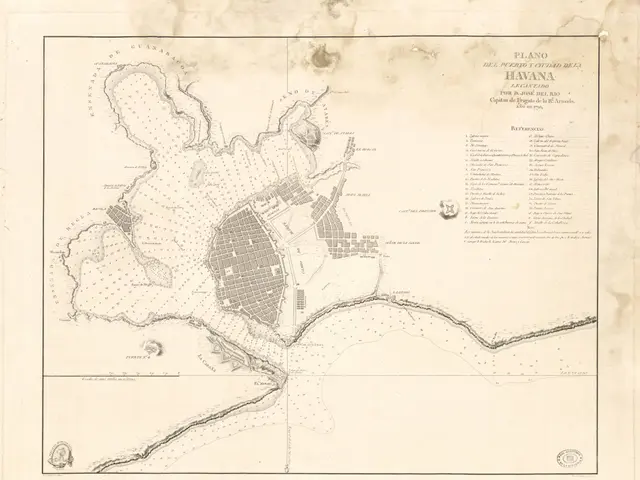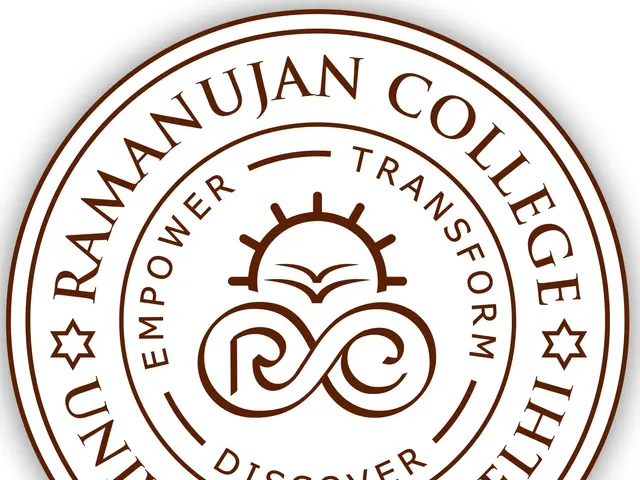Abilities and Skills at Your Disposal
In the evolving landscape of food and agriculture, a growing number of startups are making waves with their innovative approaches to creating sustainable alternatives to palm oil.
The Time Travelling Milkman, a Dutch startup, has recently won the Audience Prize at the Brave New Food Startup Challenge 2022 with its groundbreaking technology. The company extracts fat droplets from sunflower seeds and processes them into a cream or powder, opening up possibilities for various applications such as food, cosmetics, and biofuels. Notably, their palm oil alternative is more cost-effective as it uses locally grown sunflower seeds in production.
Another noteworthy player in this field is Colipi, a German biotechnology startup that has raised over €4.1 million ($4.4 mn) in a grant from the German Ministry of Economics and Climate Protection. Colipi's palm oil alternative, made using low-cost feedstocks for production, boasts several advantages over traditional palm oil, including being more sustainable, ethical, and cost-effective.
The global palm oil market, valued at USD 65.08 billion in 2022, is expected to reach around USD 107.53 billion by 2032. However, the increasing need for sustainable alternatives has led to a surge in research activities. Companies like Terra Oleo, based in Singapore, are developing microbes as a sustainable alternative to palm oil, using genetically modified yeasts to produce oils from agricultural waste.
C16 Biosciences and Kiverdi are other companies pioneering palm oil alternatives. C16 Biosciences has created PalmlessTM Torula Oil, a palm oil alternative made through fermentation and synthetic biology, devoid of tree oils. Kiverdi, on the other hand, is developing a palm oil alternative using carbon captured from the atmosphere.
Zero Acre Farms and Aio, an Estonian biotech startup, are also making strides in this field. Zero Acre Farms focuses on creating a new type of oil through fermentation, offering a healthier and more environmentally friendly alternative to vegetable oil. Aio has developed a yeast-derived alternative to palm oil using a fermentation process that requires 97% less land and 90% less water compared to traditional palm oil production.
The shift towards sustainable alternatives is not just a business move but a response to growing concerns about the impact of palm oil on social and economic fronts and loss of biodiversity. In line with this, countries are expected to follow the EU's lead in regulating the usage of palm oil. The EU regulation on products containing palm oil came into force on 29th June 2023, discouraging the sale and purchase of products made from raw materials like cocoa, coffee, palm oil, soy, and wood that result in deforestation.
As these startups continue to innovate and grow, it's clear that the future of palm oil is changing, with a focus on sustainability and ethical production methods. The Time Travelling Milkman, for instance, has already raised over €2 million ($2.1 mn) in funding, further solidifying its position in the market. NoPalm Ingredients, Xylome, and other startups are also making significant strides, demonstrating the potential for a more sustainable palm oil industry.
In the end, the race is on for companies to find the most effective and sustainable alternatives to palm oil, and it seems that the future is bright for those who can meet the challenge.
Read also:
- Question at Hand: Is Crohn's Disease Responsible for Your Mouth Sores?
- Pharmaceutical workplace safety is bolstered by the implementation of Safety Eyewear Programs.
- Gardenuity Farm Partner Aaron Pinkus Talks About Healthy Gardening Practices
- Ancient Teeth's 4,500-Year-Old DNA Unveils Mysteries of a Long-Lost Civilization








